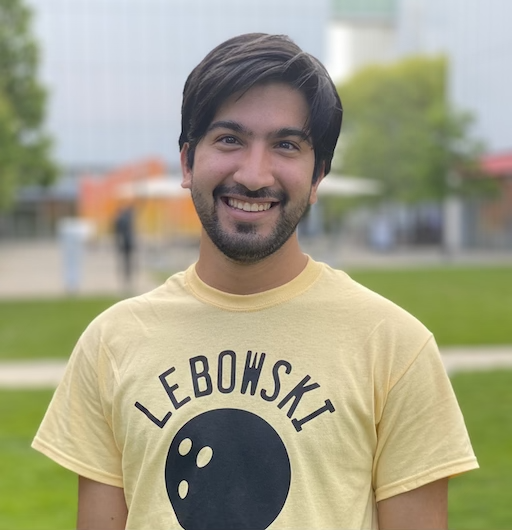Can Large Language Models Transform Computational Social Science?
Abstract
Large Language Models (LLMs) like ChatGPT are capable of successfully performing many language processing tasks zero-shot (without the need for training data). If this capacity also applies to the coding of social phenomena like persuasiveness and political ideology, then LLMs could effectively transform Computational Social Science (CSS). This work provides a road map for using LLMs as CSS tools. Towards this end, we contribute a set of prompting best practices and an extensive evaluation pipeline to measure the zero-shot performance of 13 language models on 24 representative CSS benchmarks. On taxonomic labeling tasks (classification), LLMs fail to outperform the best fine-tuned models but still achieve fair levels of agreement with humans. On free-form coding tasks (generation), LLMs produce explanations that often exceed the quality of crowdworkers’ gold references. We conclude that today’s LLMs can radically augment the CSS research pipeline in two ways: (1) serving as zero-shot data annotators on human annotation teams, and (2) bootstrapping challenging creative generation tasks (e.g., explaining the hidden meaning behind text). In summary, LLMs can significantly reduce costs and increase efficiency of social science analysis in partnership with humans.
Materials
BibTeX
@article{ziems2023can,
title={Can Large Language Models Transform Computational Social Science?},
author={Ziems, Caleb and Held, William and Shaikh, Omar and Chen, Jiaao and Zhang, Zhehao and Yang, Diyi},
journal={arXiv preprint arXiv:2305.03514},
year={2023}
}
 Caleb Ziems
Caleb Ziems


